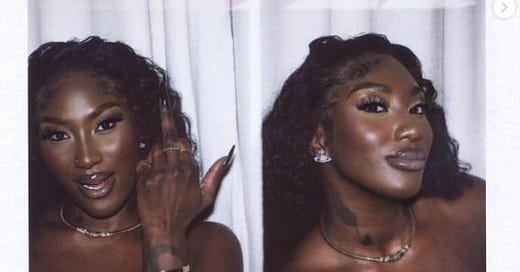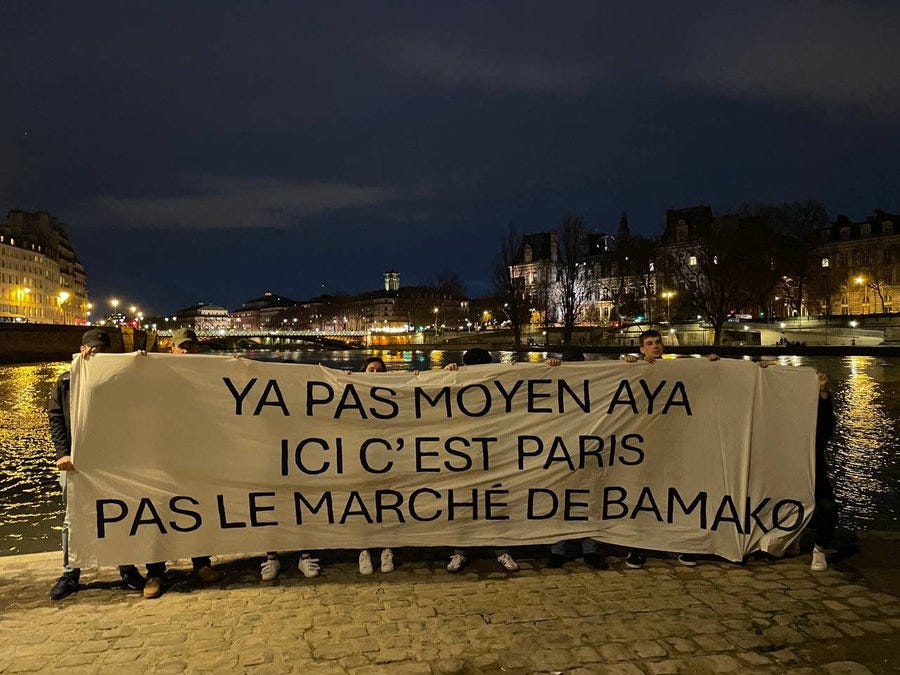The Olympics, like any major sporting event, is the best moment to showcase and represent the culture and talents of a nation. Close to a billion people usually tune in for the Olympic opening ceremony. I remember watching the grandmaster Pavarotti making the 2006 Torino Winter Games unforgettable, and the 2012 London Games with performances by Queen, the Spice Girls, and Sir Paul McCartney. We are yet to know what acts will open the Paris Games.
In what is planned to be a historic show across the romantic Seine River leading up to the Eiffel Tower where the Olympic flame will be lit, one question is still unanswered: who will be performing at the opening ceremony?
Aya Nakamura: A Cultural Icon, Olympic Opening act?
Aya Nakamura naturally comes to mind. She is the biggest pop star and most streamed artist in French music, a crown she's been wearing since her 2018 hit “Djadja.” Born in Bamako, Mali, Aya Danioko arrived in France as a baby. Growing up in Seine-Saint-Denis (home to the athletic field and Olympic Village), Aya had plenty of time to watch her mother perform as a Djeli (griot, oral storytellers, singers, and history keepers), well before establishing herself as the undisputed face of French music. In many ways Nakamura doesn’t fit the respectable Black woman mold, she is confident, outspoken, uses slang in her music, and is visibly ambitious. For many, she is the ultimate girl boss and a linguistic renaissance act pushing the French language into new depths.
maybe why she draws such a hostile reaction in a country that tends to demand humility and gratitude from minorities. Rokhaya Diallo on Aya Nakamura
In early March rumors spread after Nakamura met French President Emmanuel Macron, speculating she might perform a song by 20th-century icon Edith Piaf. This news quickly turned into online harassment and protests by white supremacist far-right groups and politicians demanding Nakamura will not be allowed to perform at the opening ceremony.
These misogynoir and racist attacks underline a constant in Nakamura’s career even with international success, many still find it incomparable that the daughter of former colonial subjects could be the face of France. A major online poll made this clear with 73% of French people voting that Nakamura does not represent “French” music, and 63% opposing the idea she headlines the opening ceremony.
Similar to Nakamura, Piaf' was the daughter of working-class, French Algerian-Italian parents. And like Nakamura, most of her repertoire is somewhat autobiographical rooted in these life stories and aspirations. Both women grew up in poverty and became recognized voices in French music. Nakamura shatters glass ceilings with her career, infusing the language of the street into her lyrics and flavoring her beats with her French-Malian heritage. I look forward to seeing her on that stage, hopefully, she sings Piaf’s “La Vie en rose and Paris” just to stand on business because there is no French pop culture without Aya Nakamura.





